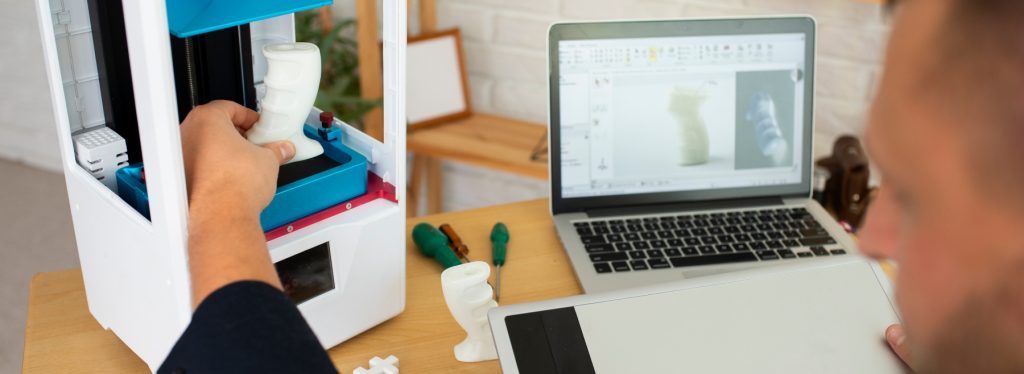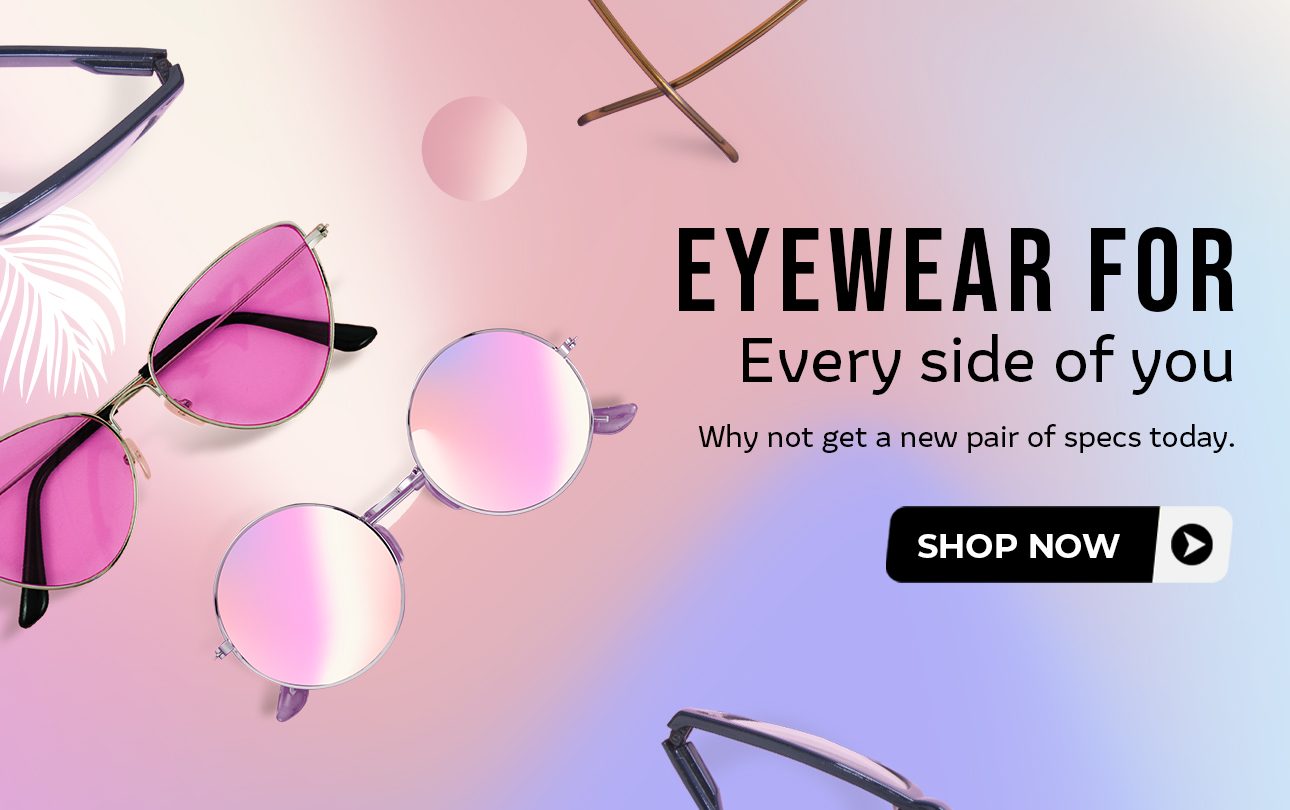“The future of healthcare is here, and it’s more personalized, efficient, and tech-driven than ever before.”
Healthcare is evolving rapidly, blending cutting-edge technology with patient-centric care. Moreover, from telemedicine to AI-driven diagnostics, modern trends are reshaping the way we experience healthcare. Whether you’re a patient, caregiver, or healthcare professional, understanding these modern healthcare trends is key to unlocking better health outcomes.

Why Modern Healthcare Trends Matter?
Modern healthcare trends aren’t just buzzwords; they’re revolutionizing the industry. In fact, global digital health is expected to reach $660 billion by 2025, according to Deloitte. In addition, these innovations mean quicker diagnosis, tailored treatments, and more accessible care.
Certainly, let’s dive deeper into the trends that are paving the way for a healthier tomorrow, with real-life examples and case studies to back them up.

1. Telemedicine: Breaking Barriers to Care
Gone are the days when you had to wait weeks for a doctor’s appointment. In other words, telemedicine has revolutionized patient-doctor interactions by enabling virtual consultations. Above all, telemedicine is projected to grow at a compound annual growth rate (CAGR) of 25.8%, reaching $396 billion by 2027.
Real-Life Example:
During the COVID-19 pandemic, telemedicine usage surged by 154% compared to pre-pandemic levels. For instance, apps like Teladoc Health provided millions with access to healthcare without stepping out of their homes.
Key Benefits:
- Convenience: Schedule appointments from home.
- Accessibility: Essential for rural and underserved areas.
- Cost-Effective: Saves travel time and expenses.
2. Wearable Health Technology: Your Body’s Personal Assistant
For example, devices like smartwatches and fitness trackers are more than just style statements—they’re lifesavers. Above all, these wearables (like Fitbit, Apple Watch, and Oura Ring) monitor vital signs, track fitness goals, and even detect early signs of diseases. Additionally, it provides real-time insights into your health.
Did You Know?
- Over 30% of Americans now use wearable health devices.
- Moreover, wearable tech is a $20 billion market, projected to grow to $83 billion by 2029.
Case Study:
For instance, Apple Watch’s ECG feature has already detected atrial fibrillation in users, helping them seek early treatment and avoid severe complications.
Impact:
- Promotes preventive care.
- Empowers patients with real-time data.
- Reduces emergency visits by catching early warning signs.
- Aids early detection of chronic conditions.
- Encourages proactive healthcare management.
3. Artificial Intelligence: Smarter Diagnostics
Most importantly, AI is the backbone of modern healthcare innovation, making diagnostics faster, more accurate, and more accessible. However, the healthcare AI market is projected to grow at a CAGR of 37%, reaching $120 billion by 2028.
Real-Life Example:
For instance, Google’s AI system detected breast cancer with an 89% accuracy rate, outperforming human radiologists.
Key Advantages:
- Reduces diagnostic errors.
- Shortens diagnosis-to-treatment timelines.
- Assist healthcare professionals in complex decision-making.

4. Personalized Medicine: Tailored to You
Personalized medicine uses genetic information to customize treatments, ensuring better outcomes and fewer side effects. However, the personalized medicine market is expected to hit $796 billion by 2028, making it a cornerstone of modern healthcare. Additionally, studies show that patients receiving tailored treatments report 20-50% better outcomes.
Case Study:
In oncology, therapies like Keytruda (an immunotherapy drug) are tailored based on a patient’s genetic profile, improving survival rates significantly.
Key Benefits:
- Efficacy: Treatments work better for the individual.
- Precision: Targets the root cause of diseases.
- Preventive Care: Identifies risks early through genetic profiling.
5. Remote Patient Monitoring (RPM): Healthcare Anywhere
RPM devices allow doctors to monitor patients with chronic illnesses, for example, diabetes and hypertension from afar. Consequently, it reduces hospital visits while improving quality of life.
Real-Life Example:
Platforms like DocVoice allow doctors to monitor patients’ blood pressure and glucose levels remotely, therefore reducing hospital readmissions by 38%.
Why RPM Is a Game-Changer:
- Encourages proactive health management.
- Provides real-time updates to doctors.
- Reduces healthcare costs.
6. Mental Health Apps: Therapy at Your Fingertips
With rising mental health awareness, apps like Calm, Headspace, and BetterHelp are making therapy accessible to millions. However, Mental health apps have democratized access to therapy and mindfulness techniques. In addition, with over 20% of U.S. adults experiencing mental health issues annually, these apps are vital. Therefore, you can now access therapy, meditation, and coping techniques anytime, anywhere.
Popular Platforms:
- BetterHelp: Offers therapy with licensed professionals.
- Calm and Headspace: Provide meditation and stress-relief exercises.
Impact on Lives:
- Breaks the stigma around mental health.
- Makes therapy affordable and accessible.
- Encourages mindfulness as part of daily routines.

7. Robotics in Surgery: Precision Redefined
Surgical robots, for example, the Da Vinci Surgical System are transforming operating rooms. Moreover, these robots enable minimally invasive procedures, resulting in quicker recovery times.
Case Study:
A patient undergoing robotic prostate surgery in India reported significantly less pain and faster recovery than traditional methods. Above all, the surgical robotics market is expected to grow at 19% CAGR, reaching $18 billion by 2028.
Key Benefits:
- Higher precision and control.
- Less blood loss and scarring.
- Reduced hospital stays.
8. Green Healthcare: A Sustainable Approach
The healthcare industry is increasingly adopting eco-friendly practices to reduce its carbon footprint. It’s among the best modern healthcare trends. Subsequently, hospitals and clinics are adopting sustainable practices like energy-efficient buildings and waste reduction.
Did you know?
Kaiser Permanente became the first U.S. healthcare system to achieve carbon neutrality in 2020 by embracing solar energy and eco-friendly waste management systems.
Why It Matters:
- Healthcare accounts for 4.4% of global emissions.
- Green practices can save billions annually while promoting public health.
9. Blockchain for Data Security
Blockchain technology ensures secure, tamper-proof storage of patient data. Additionally. addressing privacy concerns in digital healthcare.
Case Study:
MedRec, a blockchain platform, offers patients ownership of their medical records while allowing providers to securely access them.
Future of Blockchain in Healthcare:
- Reduces data breaches.
- Enhances patient trust.
- Streamlines medical billing and claims.
10. 3D Printing in Healthcare
3D printing is revolutionizing prosthetics, implants, and even organ transplants.
Real-Life Example:
In 2022, surgeons in the U.S. used a 3D-printed kidney model to prepare for a complex transplant, ensuring a successful outcome. However, the 3D printing market in healthcare is expected to grow to $6 billion by 2027.
Key Advantages:
- Customizable medical solutions.
- Cost-effective production of medical devices.
- Reduced surgery preparation time.
The Future Is Bright, but Challenges Remain
While these trends are promising, they come with challenges:
- Data security concerns with digital health platforms.
- High costs of advanced treatments.
- The digital divide in rural areas.
How You Can Embrace These Trends
- Educate Yourself: Follow healthcare news and innovations.
- Leverage Technology: Further, invest in wearables or use health apps.
- Ask Questions: In addition, speak to your doctor about AI, RPM, or personalized treatments.

Final Thoughts: Healthier Tomorrow, Today
Modern healthcare trends are not just innovations—they’re lifelines that promise a healthier, more accessible future. However, from telemedicine and AI diagnostics to sustainable practices, these advancements are transforming healthcare into a more efficient, patient-focused industry.
By staying informed and open to these changes, consequently, you can play an active role in shaping your health journey. So, are you ready to embrace the future of healthcare?
Your healthier tomorrow starts with the steps you take today.

Sheila is a creative content writer and publisher of The Smile Story. With experience working with various multispecialty clinics and hospitals, she is dynamic in providing health-related guest posting services, offering insightful and impactful content.










